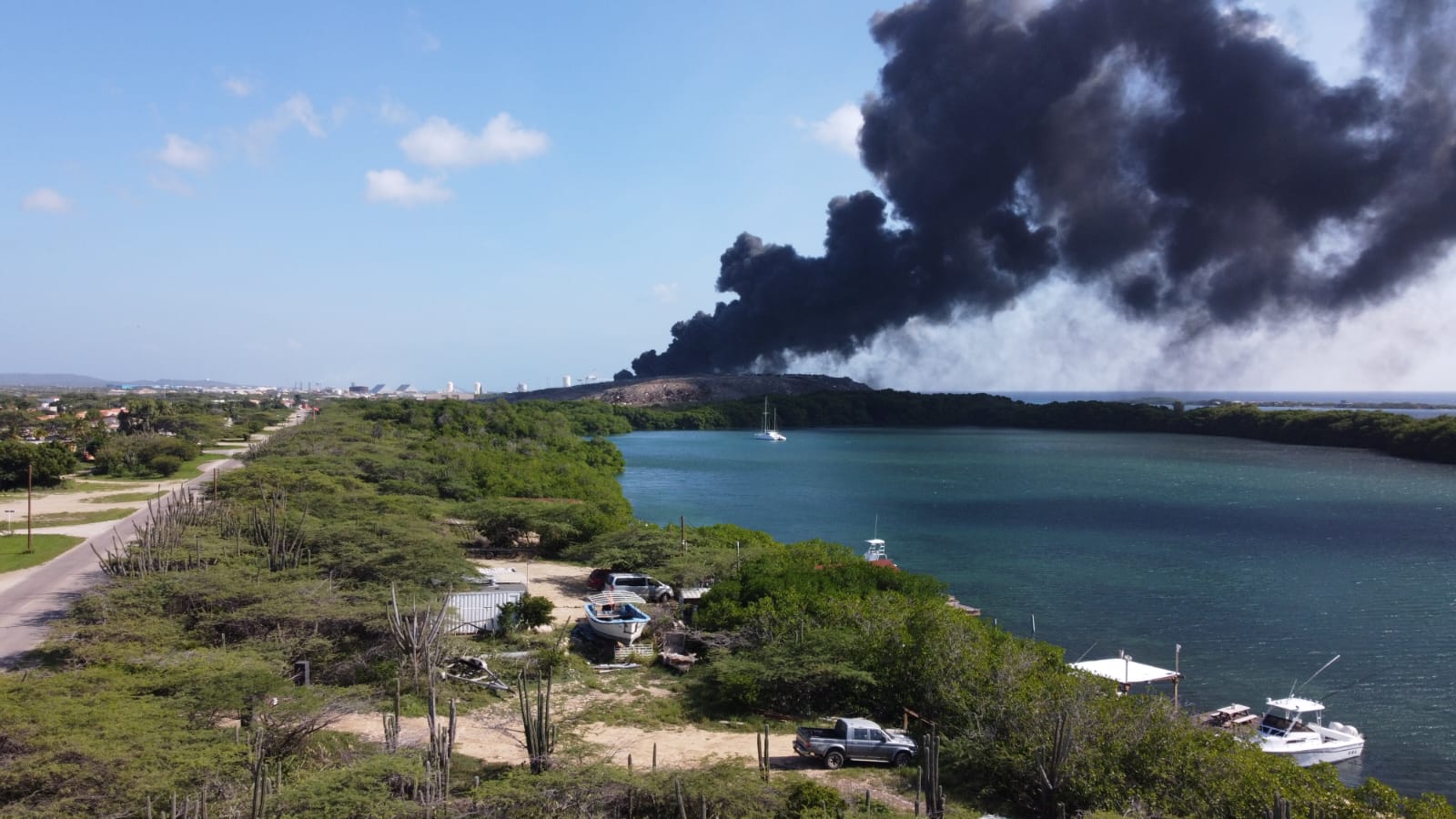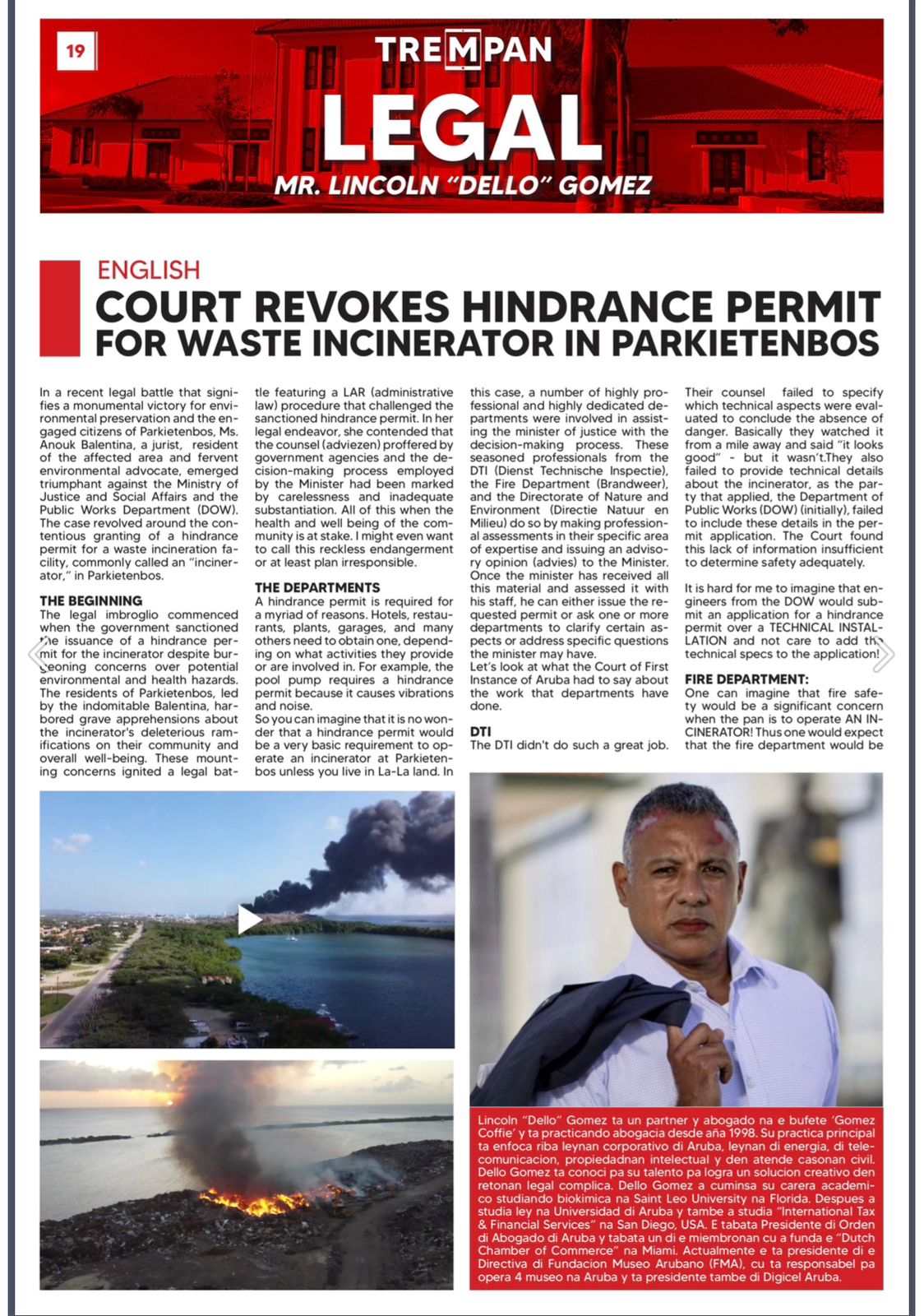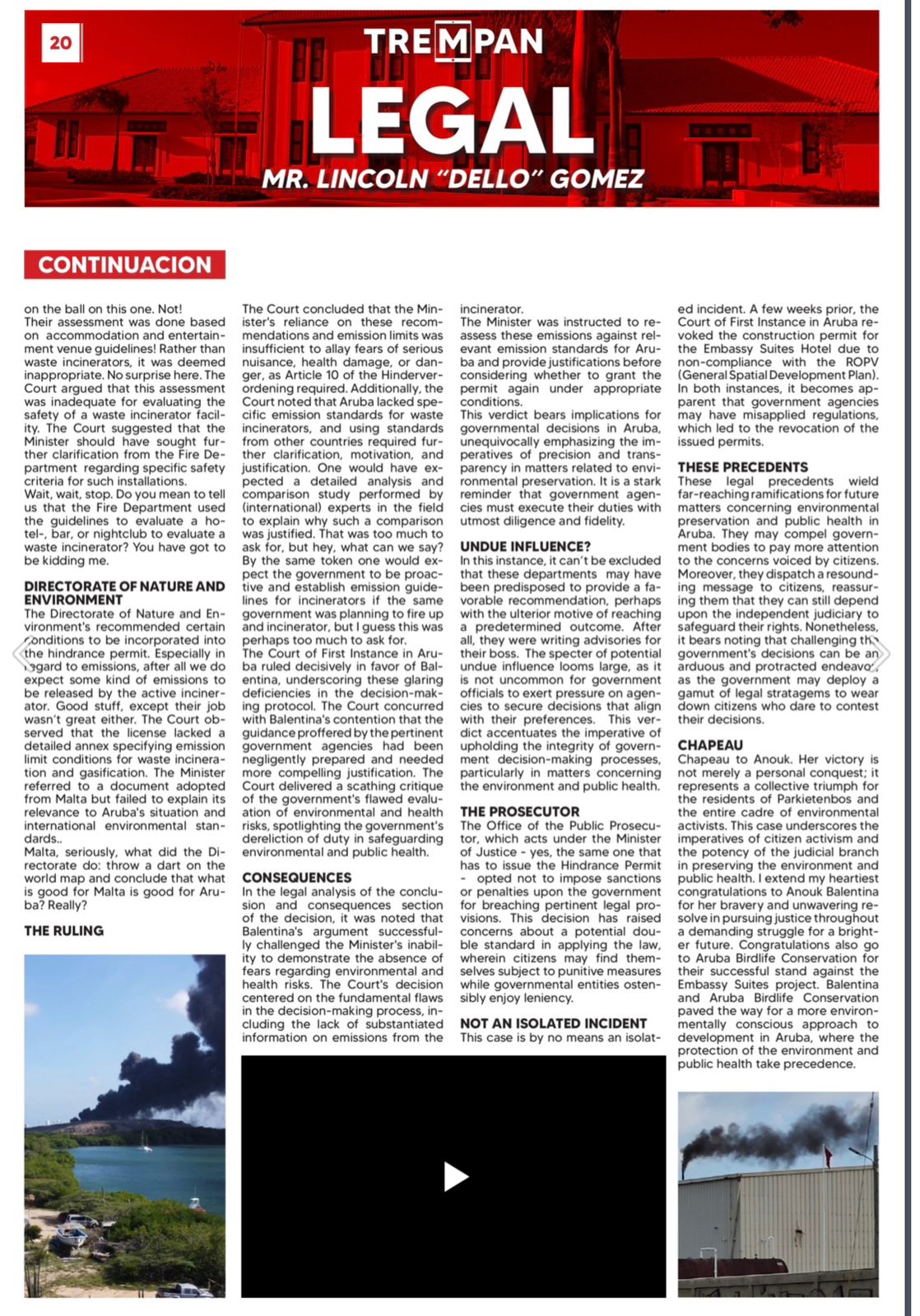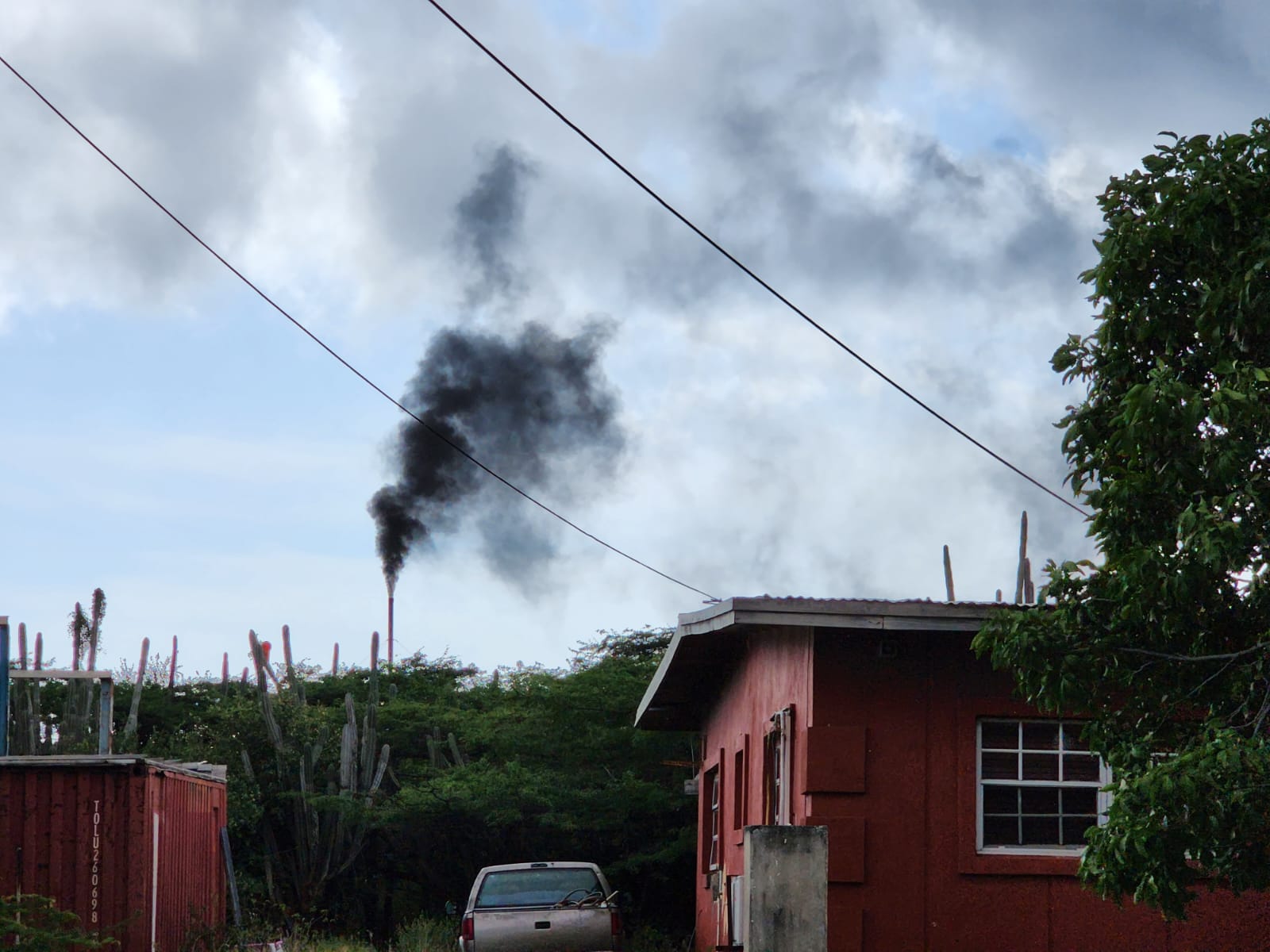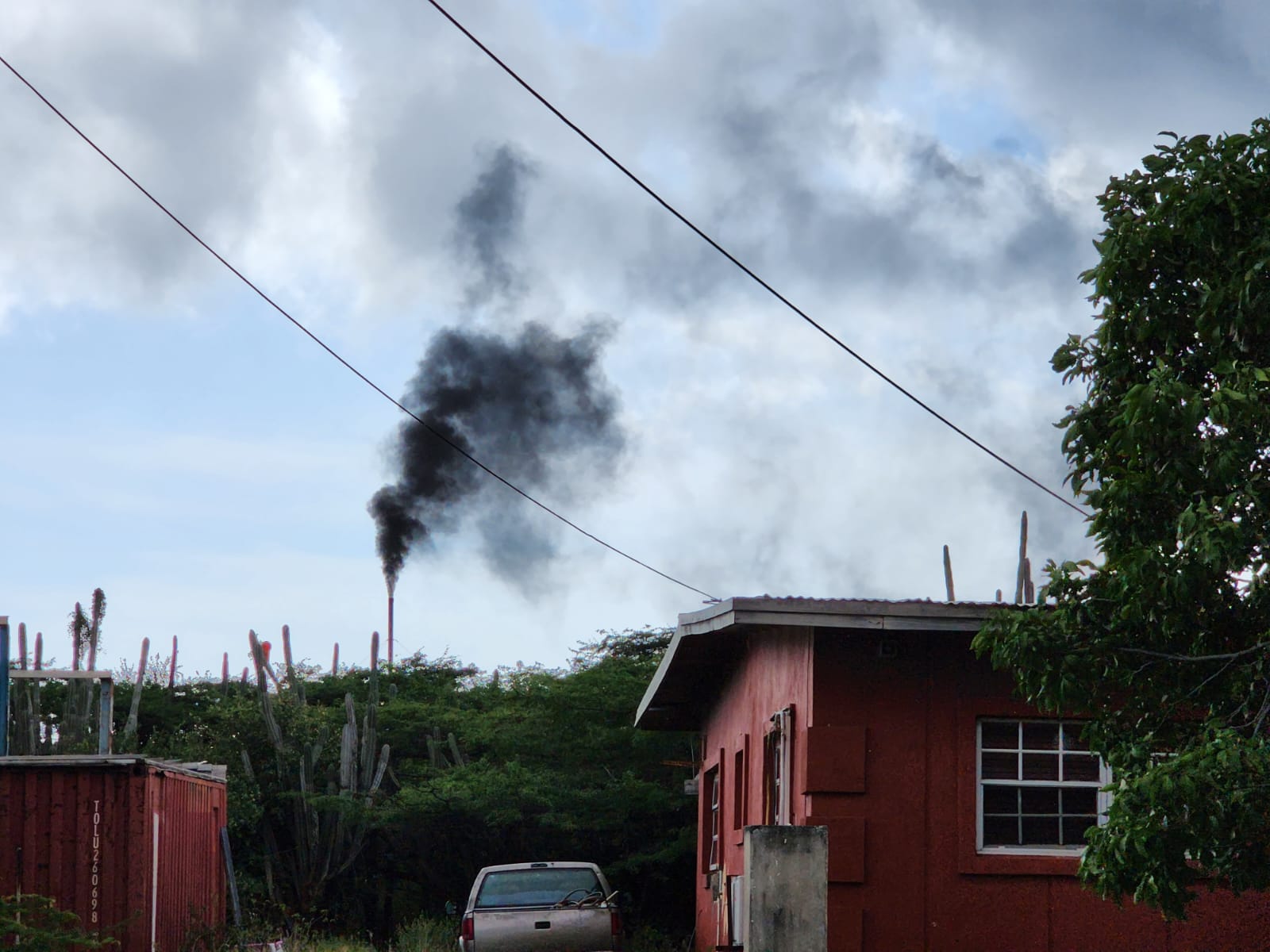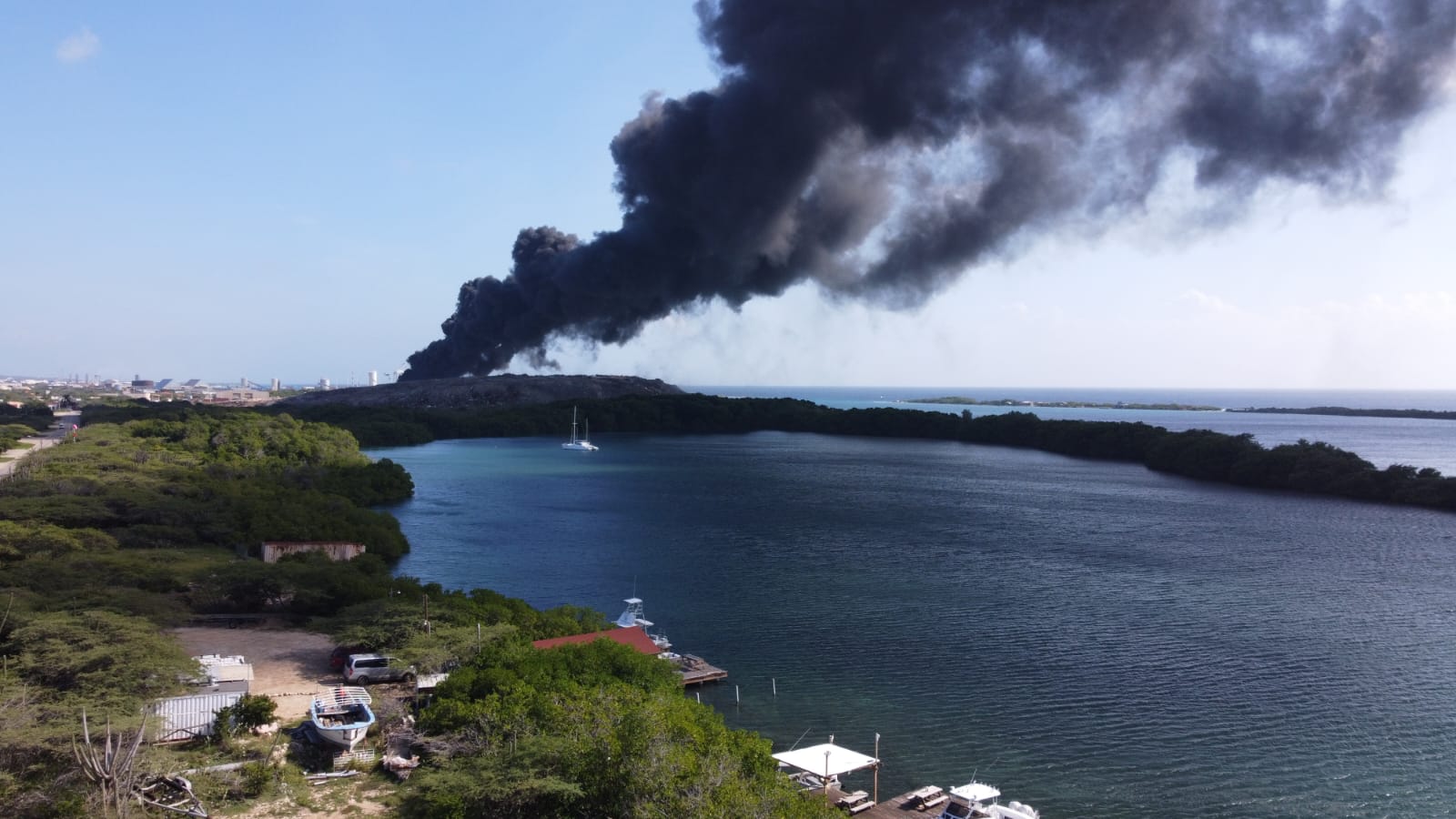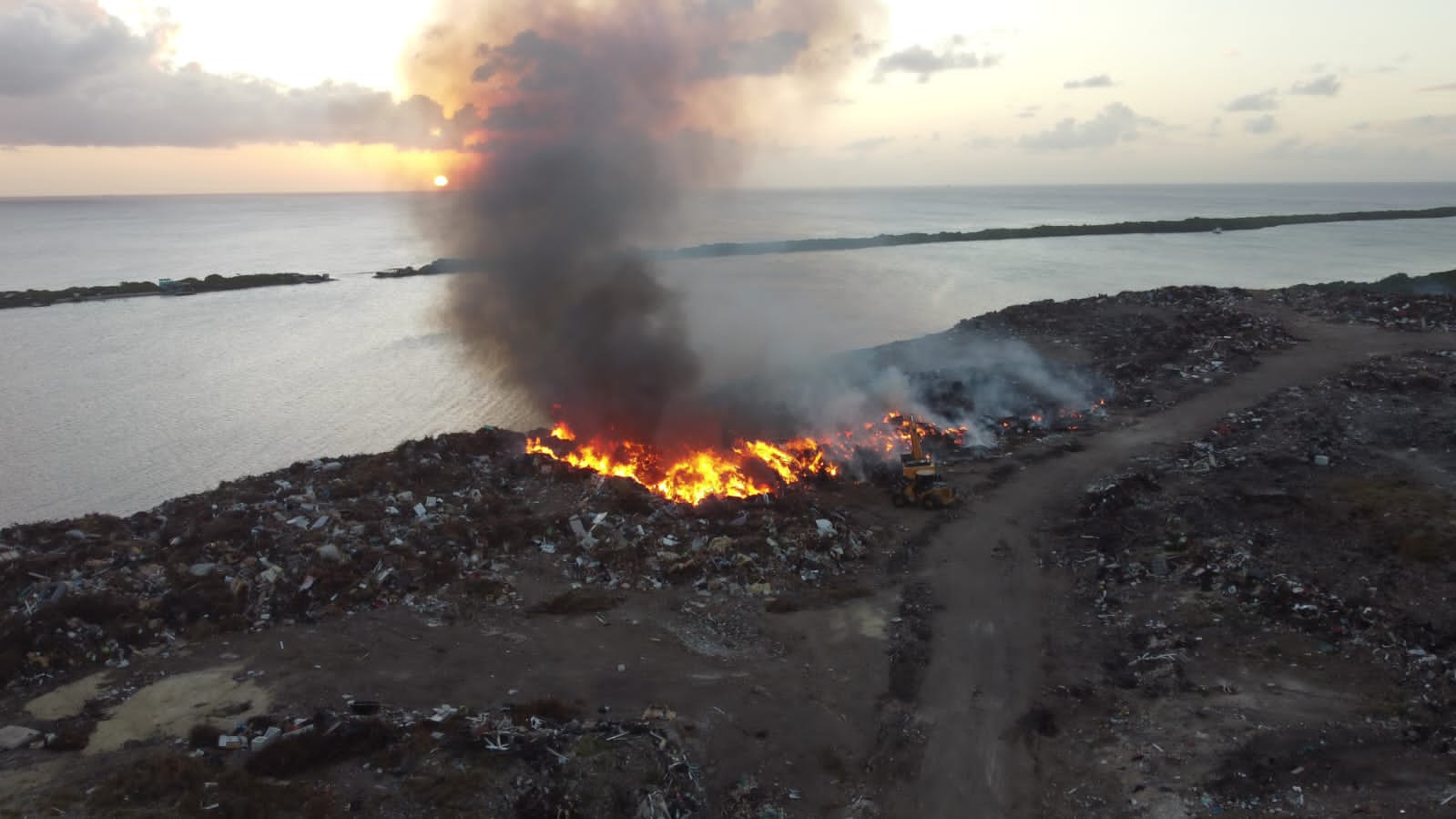Court Revokes Hindrance Permit for Waste Incinerator in Parkietenbos
In a recent legal battle that signifies a monumental victory for environmental preservation and the engaged citizens of Parkietenbos, Mrs. Anouk Balentina, a jurist, resident of the affected area, and fervent environmental advocate, emerged triumphant against the Ministry of Justice and Social Affairs and the Public Works Department (DOW). The case revolved around the contentious granting of a hindrance permit for a waste incineration facility, commonly called an “incinerator,” in Parkietenbos.
The beginning
The legal imbroglio commenced when the government sanctioned the issuance of a hindrance permit for the incinerator despite burgeoning concerns over potential environmental and health hazards. The residents of Parkietenbos, led by the indomitable Balentina, harbored grave apprehensions about the incinerator’s deleterious ramifications on their community and overall well-being. These mounting concerns ignited a legal battle featuring a LAR (administrative law) procedure that challenged the sanctioned hindrance permit. In her legal endeavor, she contended that the counsel (adviezen) proffered by government agencies and the decision-making process employed by the Minister had been marked by carelessness and inadequate substantiation. All of this is when the health and well-being of the community are at stake. I might even call this reckless endangerment or, at the least, plain irresponsible.
The Departments
A hindrance permit is required for a myriad of reasons. Hotels, restaurants, plants, garages, and many others need to obtain one, depending on what activities they provide or are involved in. For example, the pool pump requires a hindrance permit because it causes vibrations and noise.
So you can imagine that it is no wonder that a hindrance permit would be a very basic requirement to operate an incinerator at Parkietenbos unless you live in La-La land. In this case, several highly professional and highly dedicated departments were involved in assisting the minister of justice with the decision-making process. These seasoned professionals from the DTI (Dienst Technische Inspectie), the Fire Department (Brandweer), and the Directorate of Nature and Environment (Directie Natuur en Milieu) do so by making professional assessments in their specific area of expertise and issuing an advisory opinion (advies) to the Minister. Once the minister has received all this material and assessed it with his staff, he can either issue the requested permit or ask one or more departments to clarify certain aspects or address specific questions the minister may have.
Let’s look at what the Court of First Instance of Aruba had to say about the work that departments have done.
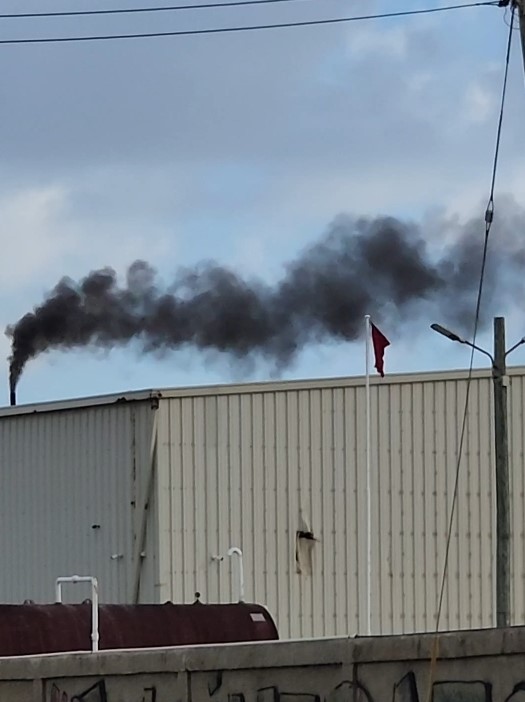
DTI
The DTI could have done a better job. Their counsel failed to specify which technical aspects were evaluated to conclude the absence of danger. They watched it from a mile away and said: “it looks good” – but it wasn’t. They also failed to provide technical details about the incinerator, as the party that applied, the Department of Public Works (DOW) (initially), failed to include these details in the permit application. The Court found this lack of information insufficient to determine safety adequately.
I am still trying to imagine that engineers from the DOW would submit an application for a hindrance permit over a TECHNICAL INSTALLATION and not care to add the technical specs to the application!
Fire Department:
Fire safety would be a significant concern when the plan is to operate AN INCINERATOR! Thus, one would expect the fire department to be on the ball. Not!
Their assessment was done based on accommodation and entertainment venue guidelines! Rather than waste incinerators, it was deemed inappropriate. No surprise here. The Court argued that this assessment was inadequate for evaluating the safety of a waste incinerator facility. The Court suggested that the Minister should have sought further clarification from the Fire Department regarding specific safety criteria for such installations.
Wait, wait, stop. Do you mean to tell us that the Fire Department used the guidelines to evaluate a hotel-, bar, or nightclub to evaluate a waste incinerator? You have got to be kidding me.
Directorate of Nature and Environment
The Directorate of Nature and Environment recommended certain conditions to be incorporated into the hindrance permit. Especially concerning emissions, since we expect some emissions to be released by the active incinerator. Good stuff, except their job wasn’t great either. The Court observed that the license lacked a detailed annex specifying emission limit conditions for waste incineration and gasification. The Minister referred to a document adopted from Malta but failed to explain its relevance to Aruba’s situation and international environmental standards. Malta, seriously, what did the Directorate do: throw a dart on the world map and conclude that what is suitable for Malta is good for Aruba? Really?
The Ruling
The Court concluded that the Minister’s reliance on these recommendations and emission limits was insufficient to allay fears of serious nuisance, health damage, or danger, as Article 10 of the Hinderverordening required. Additionally, the Court noted that Aruba lacked specific emission standards for waste incinerators, and using standards from other countries required further clarification, motivation, and justification. One would have expected a detailed analysis and comparison study performed by (international) experts in the field to explain why such a comparison was justified. That may be too much to ask, but what can we say? One would expect the government to be proactive and establish incinerator emission guidelines if the same government was planning to fire up an incinerator. Still, this was perhaps (also) too much to ask for.
The Court of First Instance in Aruba ruled decisively in favor of Balentina, underscoring these glaring deficiencies in the decision-making protocol. The Court concurred with Balentina’s contention that the guidance proffered by the pertinent government agencies had been negligently prepared and needed more compelling justification. The Court delivered a scathing critique of the government’s flawed evaluation of environmental and health risks, spotlighting the government’s dereliction of duty in safeguarding environmental and public health.
Consequences
In the legal analysis of the conclusion and consequences section of the decision, it was noted that Balentina’s argument successfully challenged the Minister’s inability to demonstrate the absence of fears regarding environmental and health risks. The Court’s decision centered on the fundamental flaws in the decision-making process, including the lack of substantiated information on emissions from the incinerator.
The Minister was instructed to reassess these emissions against relevant emission standards for Aruba and provide justifications before considering whether to grant the permit again under appropriate conditions.
This verdict bears implications for governmental decisions in Aruba, unequivocally emphasizing the imperatives of precision and transparency in matters related to environmental preservation. It is a stark reminder that government agencies must execute their duties with utmost diligence and fidelity.
Undue influence?
In this instance, it can’t be excluded that these departments may have been predisposed to provide a favorable recommendation, perhaps with the ulterior motive of reaching a predetermined outcome. After all, they were writing advisories for their boss. The specter of potential undue influence looms large, as it is not uncommon for government officials to exert pressure on agencies to secure decisions that align with their preferences. This verdict accentuates the imperative of upholding the integrity of government decision-making processes, particularly concerning the environment and public health.
The prosecutor
The Office of the Public Prosecutor, which acts under the Minister of Justice – the same one that has to issue the Hindrance Permit – opted not to impose sanctions or penalties upon the government for breaching pertinent legal provisions. This decision has raised concerns about a potential double standard in applying the law, wherein citizens may find themselves subject to punitive measures while governmental entities ostensibly enjoy leniency.
Not an isolated incident
This case is by no means an isolated incident. A few weeks prior, the Court of First Instance in Aruba revoked the construction permit for the Embassy Suites Hotel due to non-compliance with the ROPV (General Spatial Development Plan). In both instances, it becomes apparent that government agencies may have misapplied regulations, which led to the revocation of the issued permits.
These precedents
These legal precedents wield far-reaching ramifications for future matters concerning environmental preservation and public health in Aruba. They may compel government bodies to pay more attention to the concerns voiced by citizens. Moreover, they dispatch a resounding message to citizens, reassuring them that they can still depend upon the independent judiciary to safeguard their rights. Nonetheless, it bears noting that challenging the government’s decisions can be an arduous and protracted endeavor, as the government may deploy a gamut of legal stratagems to wear down citizens who dare to contest their decisions.
Chapeau
Chapeau to Anouk. Her victory is not merely a personal conquest; it represents a collective triumph for the residents of Parkietenbos and the entire cadre of environmental activists. This case underscores the imperatives of citizen activism and the potency of the judicial branch in preserving the environment and public health. I extend my heartiest congratulations to Anouk Balentina for her bravery and unwavering resolve in pursuing justice throughout a demanding struggle for a brighter future. Congratulations also go to Aruba Birdlife Conservation for their successful stand against the Embassy Suites project. Balentina and Aruba Birdlife Conservation paved the way for a more environmentally conscious approach to development in Aruba, where the protection of the environment and public health take precedence.

